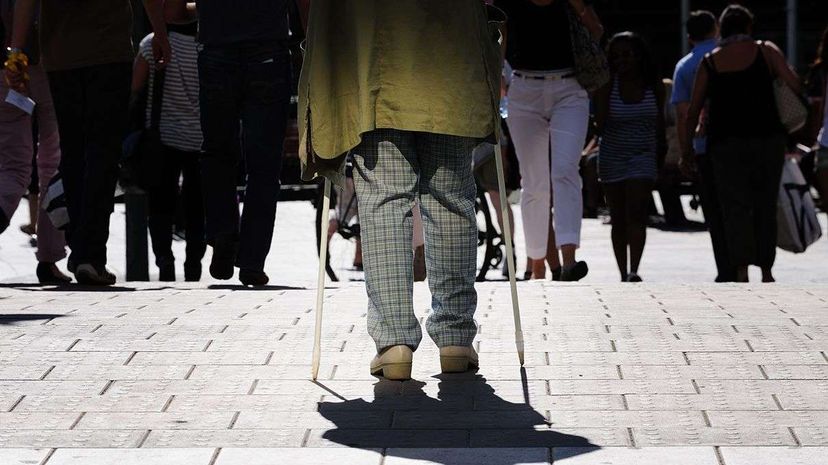
If you had a choice, would you rather die young or old?
If you opted for the former, you're not alone.
Advertisement
That's according to researchers from the Robert N. Butler Columbia Aging Center at Columbia University in New York. They found that more than 1 in 6 adults would rather die young, relatively speaking, than face the prolonged horrors of sagging skin, brittle bones, failing eyesight and dentures dunked in a bedside glass.
"For these people it seems that the prospect of growing old is worse than death," Catherine E. Bowen, the lead author of the paper, writes via email. "I also find it surprising that the wide majority of our participants were able to give a specific age to which they would like to live. To me, this is an indication that young and middle-aged adults ascribe very significant meaning to chronological age.
"That is, people seem to have a very concrete picture of how good or bad their life will be at, for instance, age 90 relative to age 80 or even age 83 relative to age 80. This stands in contrast to what we know from aging research, that chronological age actually becomes a less and less meaningful indicator of a person's life circumstances," Bowen explains.
Bowen and her colleagues found all this out by conducting a telephone survey of more than 1,600 adults, from 18-64, for their research. The findings are published in the journal Ageing and Society. Here are a few of the key ones:
The 17.1 percent of respondents who would rather shuffle off early? For the paper's purposes, that meant younger than 80, which is roughly a normal life expectancy for those interviewed.
Way more than that (31.9 percent), according to the paper, want to live what is considered a normal life expectancy.
More than that (51 percent) would like to live well past 80 into "old age."
Of those 51 percent, in fact, 26.4 percent want to hit the century mark and keep trucking.
Advertisement
